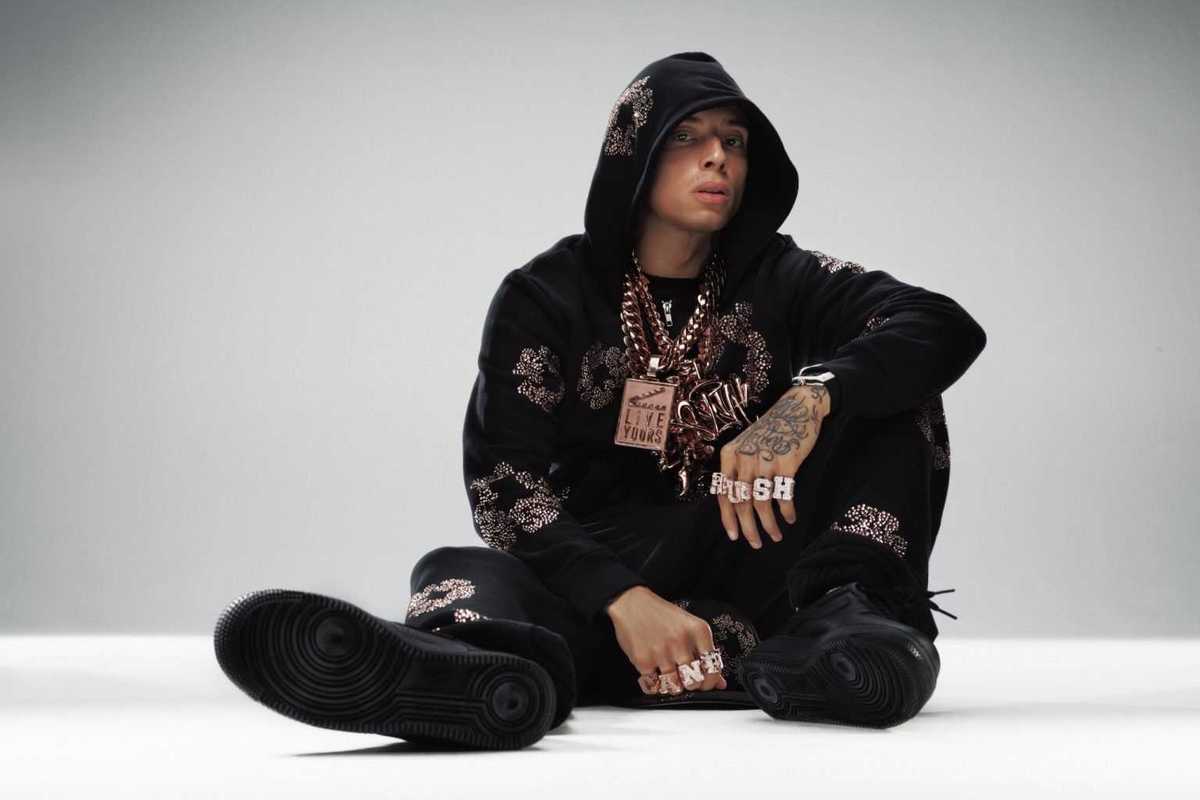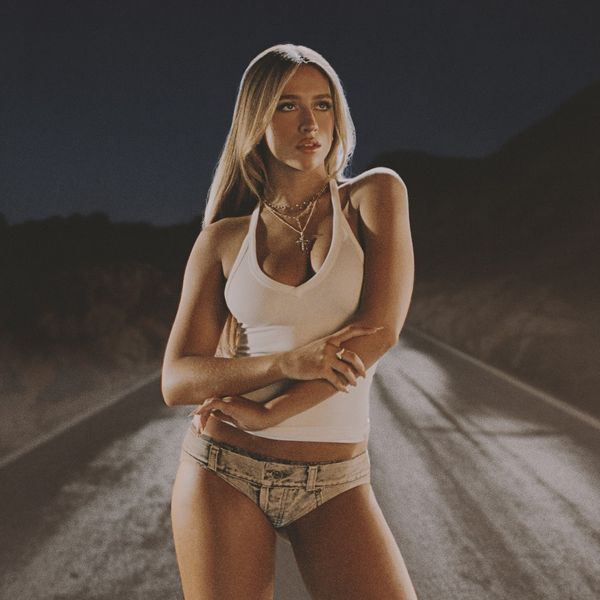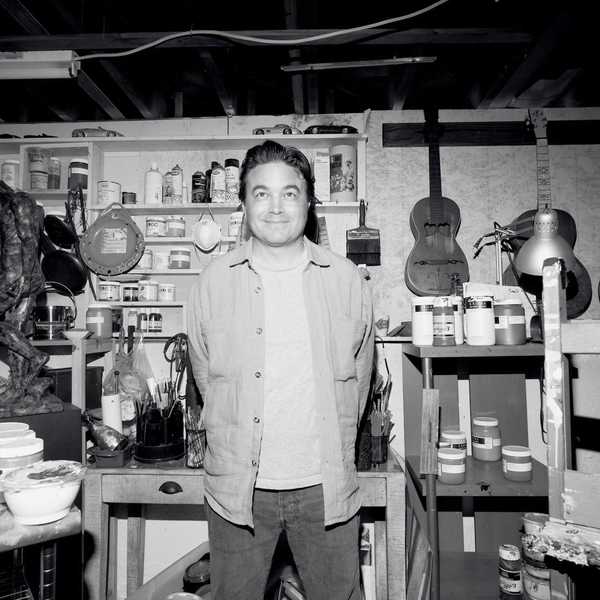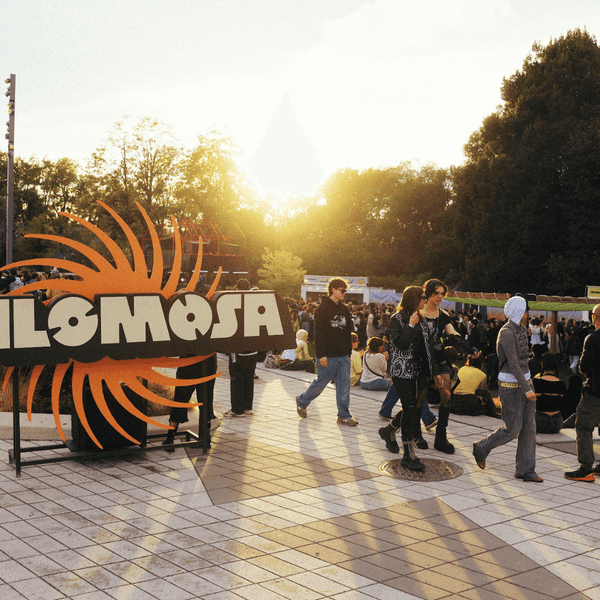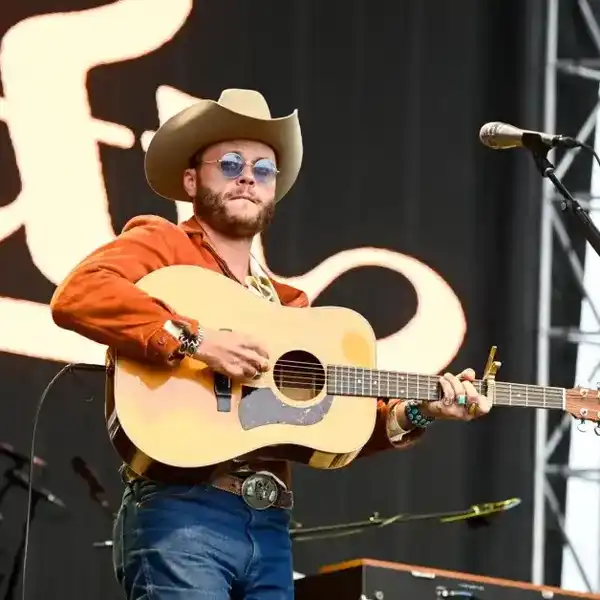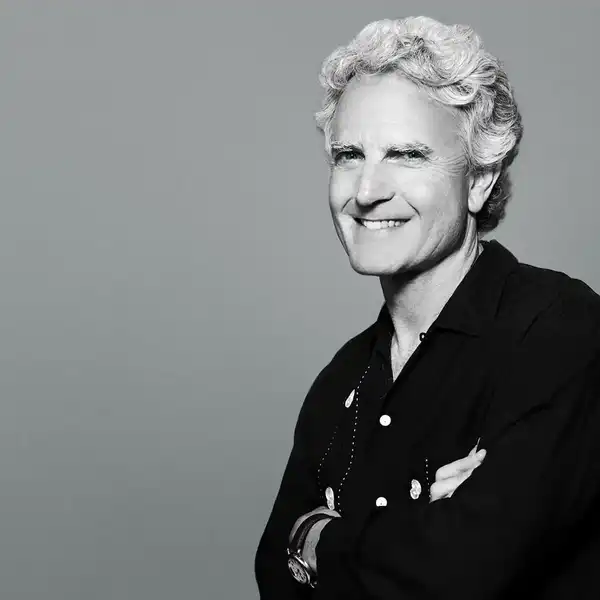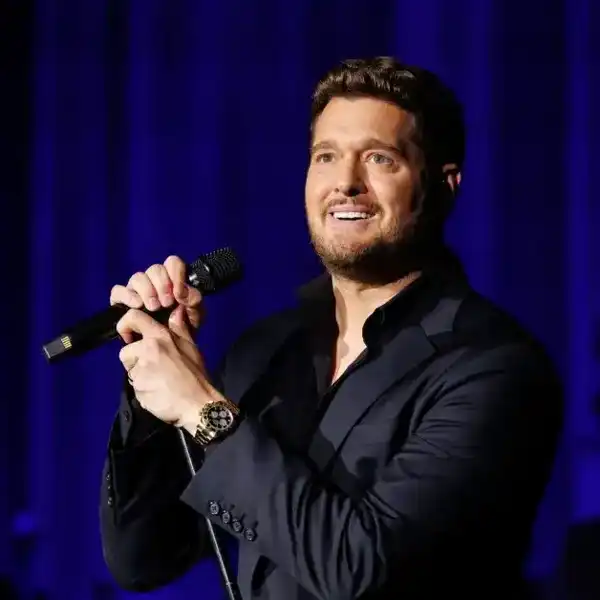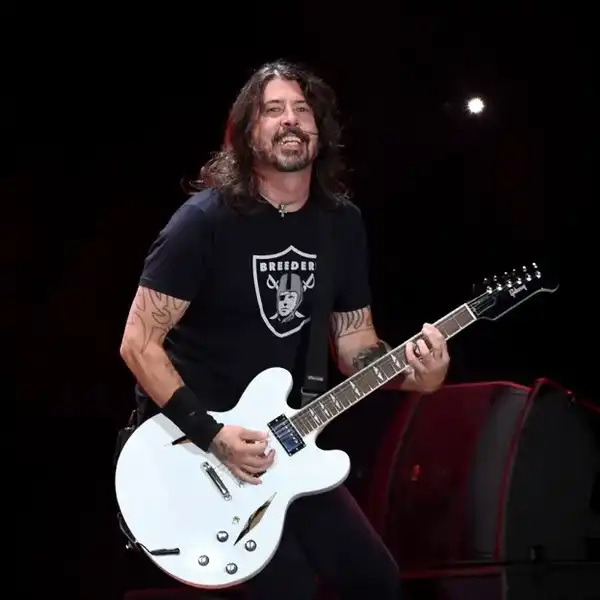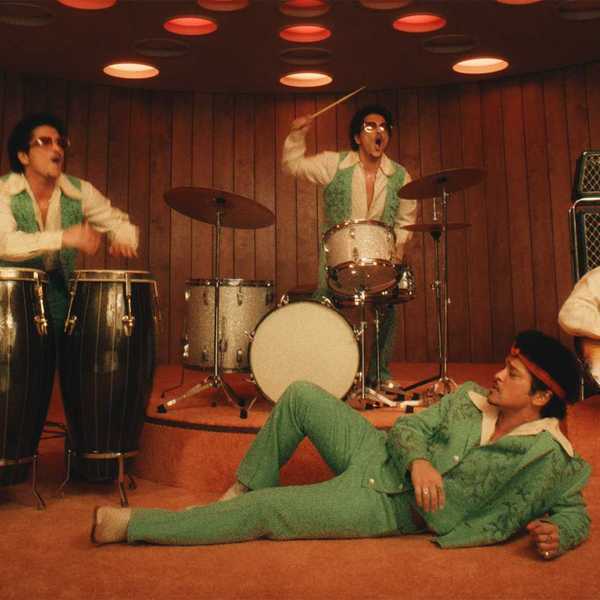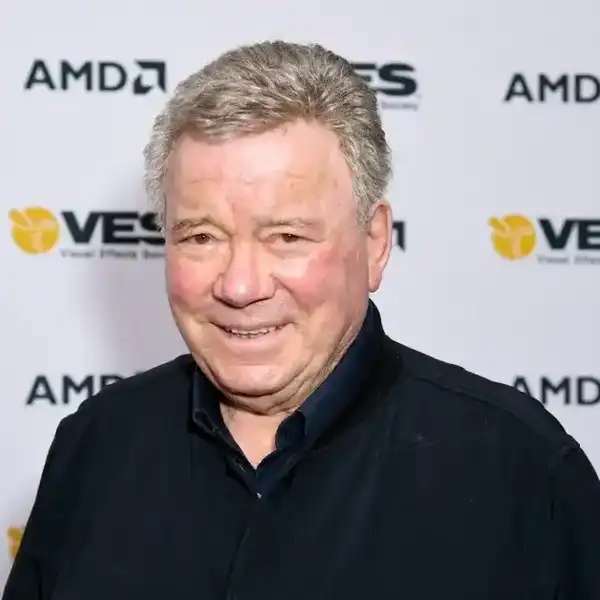A Conversation With... Elise LeGrow
She cut her teeth on jazz, and now the Toronto singer is immersed in soul and blues, reflected in her new album, Playing Chess, and her shining talent has attracted two US stars to the project. Learn more here.

By Bill King
Since FYI Music News has become an indispensable read, I’m certain a good measure of our subscribers remembers the lure and mystique of record labels. Big and small. First comes the artist of interest. Then comes the label they reside on. You can almost close your eyes and recall the clever logos and hear the sounds spin in the head.
If you were a jazz-head in the 60s’, it was the mainstream jazz of Blue Note, Riverside, Atlantic, and Prestige Records and those lofty album covers. Engineer Creed Taylor freed jazz from itself and funked it up a bit in the '70s through CTI Records, further advancing the music’s appeal. Rock and pop divided out the goods between Atlantic, Elektra, Asylum, Blue Thumb, Columbia, Warner, Capitol, Chrysalis, Apple, A&M – a broad list of diverse and influential all-encompassing labels and artists serving a generation provoked by social unrest and with an appetite for something edgy and out of the ordinary.
Motown and Stax Records, Invictus, King, and Casablanca carved big territory for African-American soul and funk music.
For the blues lovers, it was Chess Records out of Chicago, run by brothers Leonard and Phil Chess. John Lee Hooker, Etta James, Chuck Berry, Bo Diddley, Willie Dixon, Muddy Waters, Billy Stewart, Howlin’ Wolf and a solid roster of big-hearted talent kept loyal fans engaged.
As they say, when the spirit of music bites you, there is no cure. Such is the passion and admiration Toronto singer Elise LeGrow has for the Chess label. Her latest side is called – Playing Chess. It is released Feb. 16 (pre-order link here)
LeGrow and I recently faced off behind microphones on my weekly interview show at CIUT 89.5 FM.
When you look ahead at what's about to happen during February and the release of Playing Chess, it’s taken a lot of patience and discipline to get to this juncture in your life. It’s your big shot.
Absolutely. I was fortunate over the holidays. I got to spend some down time with family and stuff and get my head together before things started to take off.
Is the band in place?
Oh yes.
You’ve played live a fair bit this past year.
Yes, I have. I've actually got a few fantastic bands and they're all really busy, so sometimes I can't have everybody all at once. I've got a really great crew of guys based out of the GTA. And I have a really great crew in the US now. Between them we've recently done some really great shows where we've had a really interesting mix of players and somehow that's worked out very well. I'm well prepared for the new year.
And your agency is Feldman?
Yes, in Canada.
Are they looking after you?
They are.
Do they find situations for you to perform in?
They do. You know the reason I got into this business was to play live. So, for me, an agent is one of the most crucial parts of the whole team, because that's the person that puts you on stage.
How do you feel about the timing? Are you confident?
I’ve been working hard, and we've had this entire year just to promote the record and get the band together. We've been playing around and getting the word out about the record. We're really in a good place to promote during 2018.
Your first recording came out in 2012?
I've been recording for a long time, but that was the first recording that was released to the public.
And what was that all about?
That was an EP we recorded independently. It featured a song called, “No Good Woman’ that lived on Canadian radio for a little while. That was sort of a shiny pop production. Nobody outside of Canada ever heard that song, so on my next album there will be my original music. We're going to be reworking that song with a live band and with more of a raw kind of sound, like the sound that you hear on Playing Chess. A new approach to some of those older original songs.
When I listen to your music I'm thinking Mavis Staples. I’m even thinking of the rhythm section of Staples. Maybe shades of Amy Winehouse. The rhythm section of the Dap-Kings. Is that a sound you heard and thought could work for you?
It was never a premeditated sort of thing. I've been attracted to this kind of music most of my life. And I found my voice in this area.
I've sung all kinds of stuff. I was in a rock band and I used to sing jazz standards quite a bit. I still do here and there. I love that music. And you know my tastes in music are really wide, but I feel as far as my greatest strength, I think it's in this kind of r&b world.
And where did you grow up?
I grew up not too far from here actually. In downtown Toronto.
Downtown? That may be a first for me. There’s always somebody born in Scarborough or near the edge of the city to interview.
There aren't a lot of us that are still kicking around. I was initially in Parkdale and then sort of up around St. Clair and Dufferin. But I've lived all over Toronto. Basically, anywhere south of Bloor Street.
All of these regions have or have had some music scene.
Yeah, for sure.
Were you in search of a place to sing?
No, actually, I had the really good fortune of meeting a guy in my teens named Asher Ettinger, who's a really talented composer and pianist. He was both my manager and my piano player for a number of years and he really helped me get out there doing these jazz standards when I was about, I don't know, let’s say, 17. I think when we first started gigging I had the support of another great listener-funded station in the city, Jazz FM which has really been on my side from the very beginning.
Did you attend the University of Toronto?
I did my undergrad there. I didn't have the theory background to pursue a music degree at the college level, so I continued some of my other interests and did a double major in sociology and criminology which allowed me to take a lot of psych courses. It was a fun time.
Did you graduate?
I did. I made it.
Graduate school?
No, I didn't. I had to start working to cover my student loans. I'm out of the dark now.
You have an eclectic selection of songs on Playing Chess. Why did you pick something like Bo Diddley’s “Who Do You Love?” I see Betty Wright’s name next to production credits too.
Part of the reason is that I love it. It was kind of a miracle you know. I love her too.
I was completely honoured to have her involved in the project. It was almost exactly a year ago that she flew up to Toronto from Miami and we recorded vocals at Revolution Recording, a studio in the East End.
You know, she's from Miami, so this weather is particularly unbearable for a woman from a southern climate. She really helped guide the vocal production of this through a little bit. A lot of it was doing some really funny vocal exercises. Apparently working with my ‘R’s’, which sounded like ‘W's’. It kind of had an Elmer Fudd effect. I wasn't hearing it, but she was.
Anyway, she called me out on it. She helped me through it. It was more than that, I would say. It was her presence in the studio, because, there were only a few of us there. It wasn't a huge entourage but she herself has this sort of energy and life blood of a whole crowd of people.
What a recorded history.
Yeah, exactly. I mean jeez, like I would die to have a career like hers that’s spanned decades.
Have you seen the Muscle Shoals documentary?
I have not, but I've been told by so many people I have to see it.
When you’re in the studio and working on a song, and you must come up with a fresh version of let’s say, “Who Do You Love?” How did you approach this? Bo Diddley’s words pass quickly in the original. Unlike the original, you stretch the words, and they seem to take on a different meaning.
The sonic quality and arrangements came from the band and me sort of working stuff out live together. This was the first song we recorded on the album. And there was something, I don't know, something just kind of clicked in the studio. It wasn't premeditated. We just tried out a bunch of different stuff and this was the thing that seemed to feel the best. I credit the drummer Jake Goldbas for bringing in that beat initially, because I know that that was the beginning of everything on this tune. As far as the interpretation of the lyric, I think one of the obvious differences is that you know when Bo’s singing it and you're hearing a man's voice, he's sort of talking to Arlene. He sort of condescends to her. I think there is a little bit of a shift that happens in our version because it's a female voice and I'm talking to this guy who I just refer to as boy. We kind of turned it on its head a little bit.
You have ‘Rescue Me’, which was originally recorded by Fontella Bass and you've taken the tempo down.
These songs are so well-known. We wanted to go in a different direction. And you know, with some of them we changed the melody, and for some of them, the tempo shifted quite a bit. We've all heard the originals and love the original recordings. We wanted to make something unique here.
I'm thinking about Chess Records; you could have been trapped singing ‘At Last’.
I’m not touching that with a ten-foot pole. I'm not going anywhere near that.
You know we did do an Etta James track on the record, and it's a song that she recorded and never released. Even some of her big fans may never have heard the song called ‘Can't Shake It’. It’s a great tune you'll hear soon.
I think back to when Serena Ryder arrived and recalled she must have been around sixteen years old and came with ‘At Last’ as a showpiece song. At the time it was being played on TV in commercials. That song and her performance kind of got people’s attention. She did it so well.
Wow. Well, good for her. That's a hard thing to do.
The song quickly became a soul killer for most bands. Every singer wanted to get on stage and howl.
It's different for everyone, and this is why, it's so hard. When you do a record of covers you're going to be divisive. For me personally, ‘At Last’ is kind of a sacred recording. I wouldn't ever dream of touching it but for some other people you know, maybe, ‘Who Do You Love’ or maybe, ‘Rescue Me’ has that visceral response. Whenever they hear somebody else doing it, even if it is very different, they sort of reject it instinctively. I feel like I have the same kind of gut reaction when I hear somebody covering ‘At Last’. Apparently, Etta felt the same way too. She wasn't too pleased about Beyonce singing it. I don't know. There was some presidential thing and Beyonce sang and Etta was not happy with it.
One of the funniest scenes ever was Patti LaBelle and Aretha at the White House. Don’t mess with the “Queen of Soul.” I imagine there’s a level of competition between singers. I imagine stuff goes down between singers who’ve been around and established a long time that tells you never to touch their song.
We should all be so lucky that we get to the point where we can claim that kind of ownership over titles and songs.
If you take a classic song, move it away from the original and reinvent it, you bring renewed energy and life to it. Then you claim a bit of ownership. It's not so much ownership but putting your stamp on it.
I feel like I'm leasing it. I feel like with the creative process, I’m kind of wandering in a dark place. You don't necessarily know where it's headed. Often, it's someone else you know who turns on a light in front of you and guides you the rest of the way.
For the production, you've got down to the basics.
We kept it simple. You have more space for each instrument.
A lot of the music that you hear on the radio today, everything is so compressed that no individual instrument or voice has any space to share. You know, the records that I love? Those Aretha records. Those songs have a lot of space in them.
When singing live or in the studio, do you have a particular mic you favour?
I don’t know what they do on the technical side. Sometimes I sing softly and sometimes I’m wailing. One of my favourite mics I have used was the one that we used on this record which is this giant Telefunken thing that looks a foot long, and I don't know, several inches in diameter. I've never seen anything like it in my life.
It must have a vast dynamic range. Many takes?
Sometimes yes, and sometimes no.
Did they work you?
Yeah, for sure, for sure. It was nice to have somebody like Betty Wright there, especially on those long days when you're doing twenty takes or something just to keep spirits up and Questlove.
What was his part in this?
A really cool story about Questlove. His father was Lee Andrews of Lee Andrews and the Hearts, which was this great r&b act. His father wrote this song called ‘Long Lonely Nights’, and it's a beautiful ballad. And when we went to make this record that was one of the songs that rose to the top for me personally. I love those six/eight ballads.
I have good company and keep some good company in New York. There’s Steve Greenberg, who produced the record and who's the head of the label that I work with there, who worked with Questlove in the past and has some sort of one or two degrees of separation via managers and things like that. He reached out to his team and Questlove actually came in and played with us. Played live on the record. It was really, really, an honor. It kind of feels like a dream, actually.
How many tracks did he play on?
He just played on that one track which was the track that was written by his dad.
You have your own Spotify playlist you share with the public.
Yes, it’s called Elise LeGrow Approved on Spotify and it’s eclectic. Some of the Chess stuff that we cover is on there. Also, a lot of really modern stuff that is influencing me today. And it's a good time.
I'm super addicted.
I have to start Monday mornings with Discovery.
Me, too. It's an excellent way to start the week. I'm hoping my playlist can be a little bit of a discovery. I figure somebody that has similar tastes in jazz and soul and r&b might not know some of the stuff, too. I like to share.
In recent interviews I’ve done with Loreena McKennitt and Emilie-Claire Barlow, both have a strategy and take-charge attitude about their professional careers. Do you plan that far ahead?
I think you must have a vision. Part of the reason that it's taken me so long to put out a full-length album was that I was looking for people to be label partners and who shared my vision. There were a lot of people who had their idea of the kind of records that I should be making, and they were a lot closer to all the rest of what you hear on the radio today because it's a safe bet for those people.
More importantly, there’s always a chance you could fail no matter what you do. Whether you're doing what's popular today or whether you're doing something else, there's a chance you could fail, and there's a chance you could succeed. If things don't go the way you're hoping, at least follow your instincts. You can be proud of the work that you've done and know that you stayed true to yourself.

